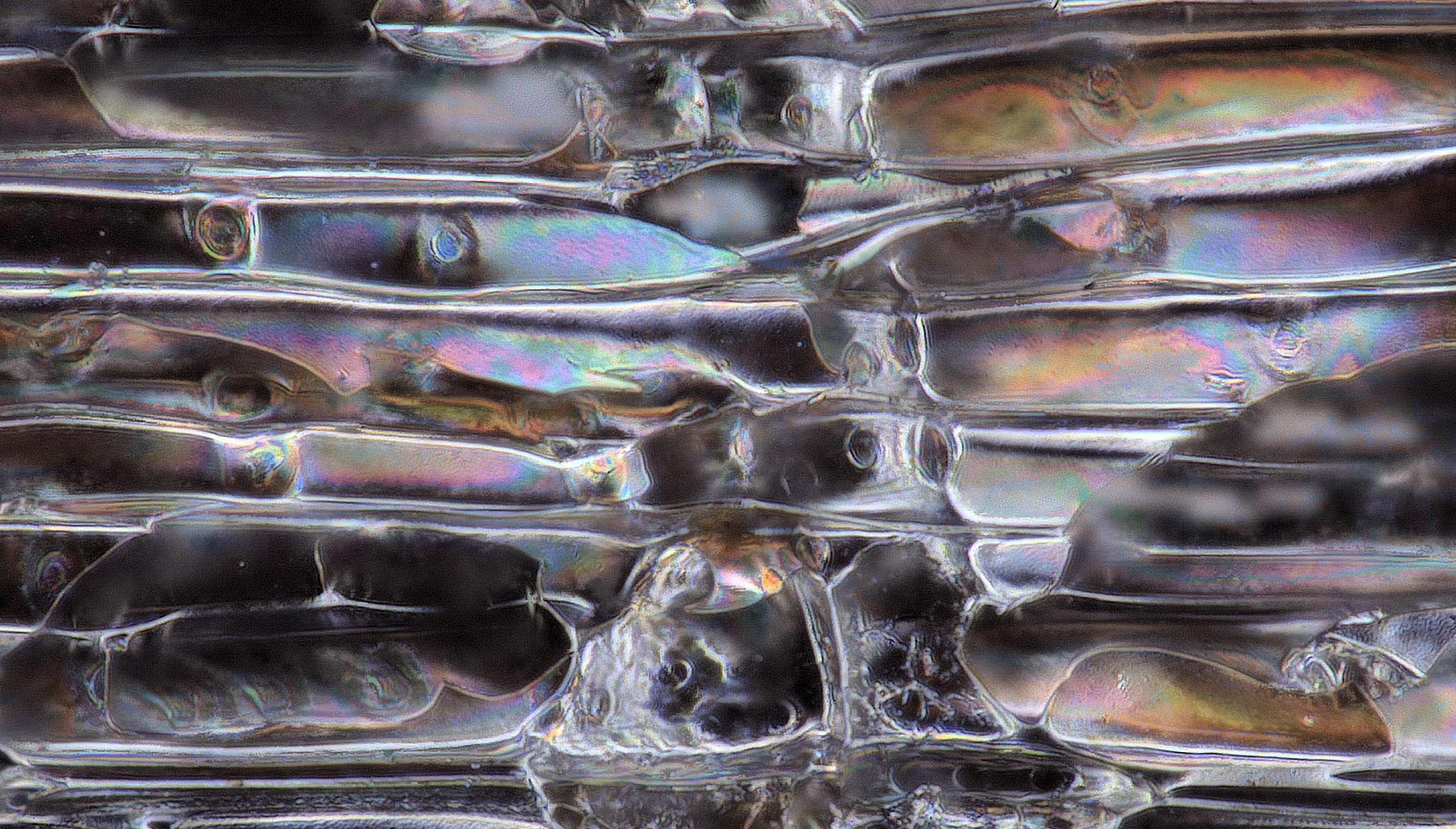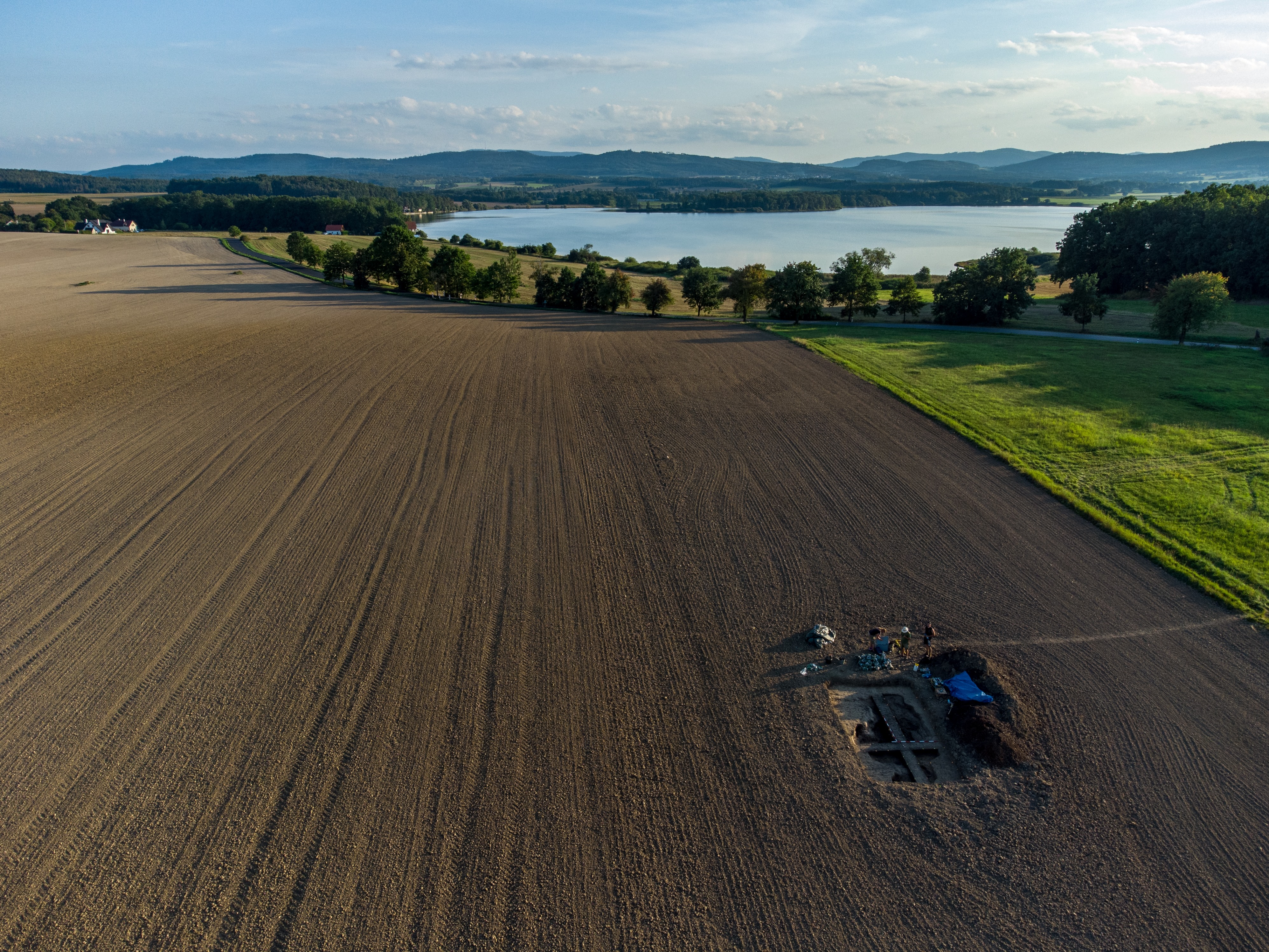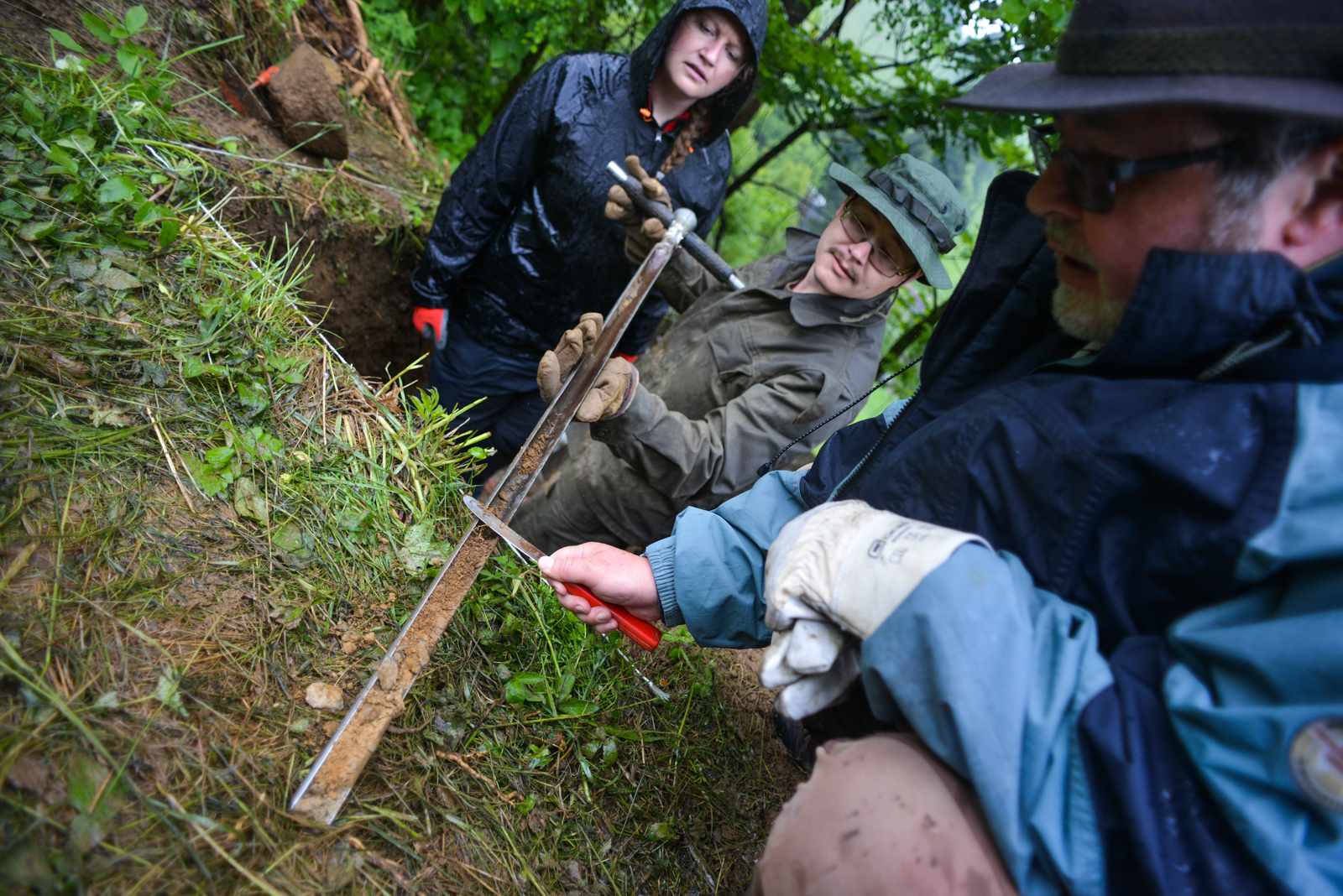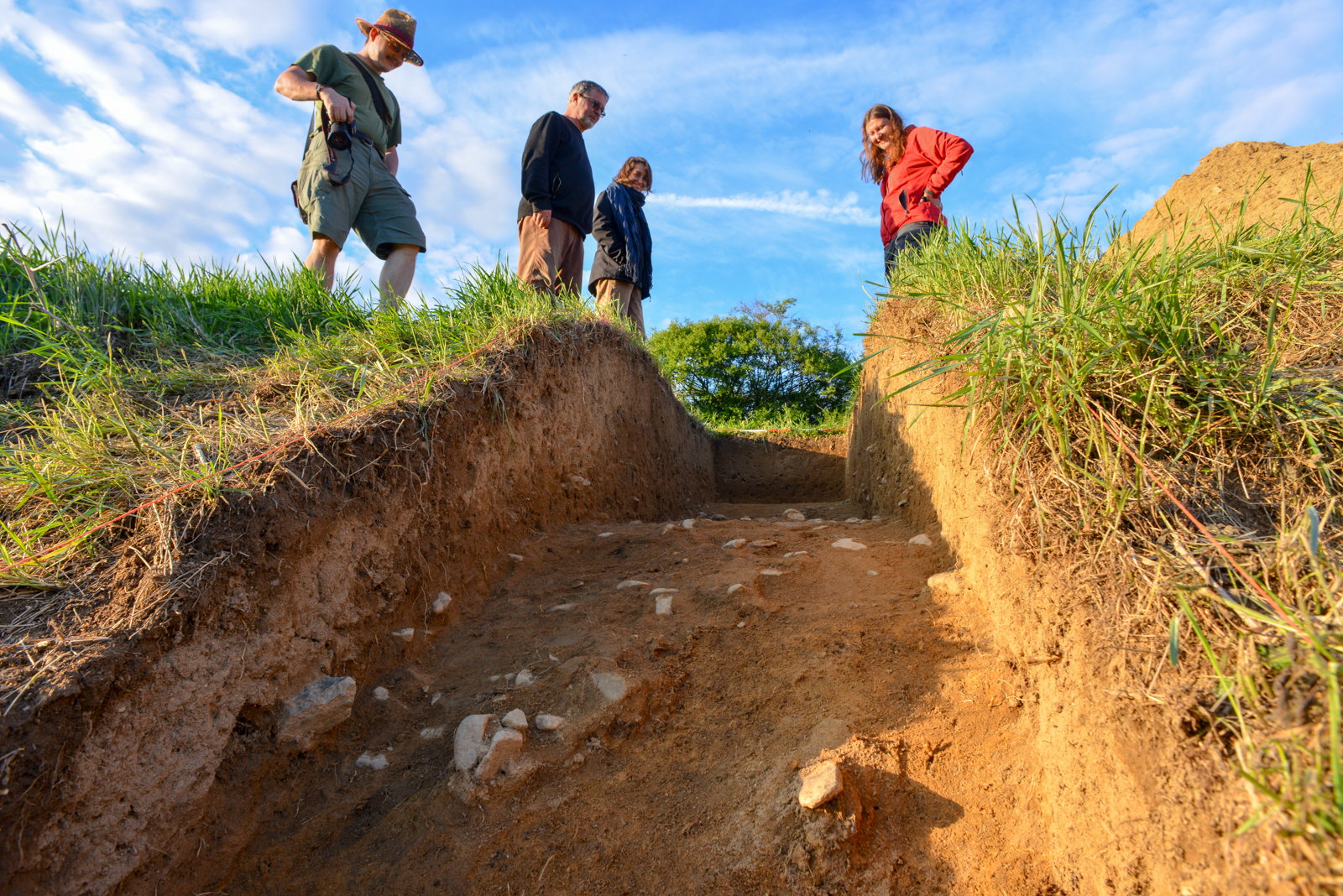In accordance with Sections 48 - 50 of Act 111/1998 Coll. on Higher Education Institutions and the Modifications and Amendments of Other Acts, I announce the rules of admission for entrance into the master study programme Ecology at the Faculty of Science, University of South Bohemia in České Budějovice (hereafter FSci USB) for the academic year 2024/2025.
Article 1. Study programme opened
|
Programme
|
Number of applicants admitted
|
|
Functional Genetics and Bioinformatics
|
35
|
Article 2. Admission deadlines
a) Main term
Applications may be submitted until 19 May 2024 together with required documents specified in Art. 3. Applicants must submit a certified copy of proof of successful completion of the Bachelor's degree[1] no later than 13 June 2024, 11:00 a.m.
b) Additional term
Students are admitted to fill vacant capacities in the programme. Applications may be submitted from 1 July to 31 October 2024 together with required documents specified in Art. 3. Applicants must submit a certified copy of proof of successful completion of the Bachelor's degree1 no later than 6 February 2025, 11:00 a.m.
For documents issued by a foreign university, the faculty reserves the right to request higher forms of verification or nostrification.
Article 3. Application submission
Applications must be submitted online at https://wstag.jcu.cz/portal/studium/uchazec/eprihlaska.html?pc_lang=en The application fee of CZK 700 can be paid by credit card through the JCU payment gateway or by bank transfer to account number 104725778/0300; variable symbol - 6020106, specific symbol - electronic application number generated by the electronic application system. Applicants are advised to agree with electronic communication (to be expressed in the application).
As attachments the application must be submitted following documents:
a) Applicant´s CV;
b) The motivational letter introducing the applicant, his/her interests and previous experience in the field, and describing their bachelor' s research project(s), if any, on up to one A4 page;
c) A proof of English language proficiency. Certificates at level B2 and higher according to the Ministry of Education, Youth and Sports's list of standardized examinations are accepted. An official TOEFL score of 180 (computer-based test) or higher, or a score of 500 (paper-based test) or higher are accepted as well. The applicant does not have to provide it if he/she has passed the final Bachelor's exam in English at the FSci USB with a grade better than or equal to "very good minus" or if he/she comes from a country where English is the main language[2].
The applicant shall deliver the documents of previous education in person or by post to the Department of Student Affairs of the Faculty of Science at the following address:
Department of Student Affairs,
Faculty of Science
University of South Bohemia
Branišovská 1760
370 05 České Budějovice
Czech Republic
Article 4. Eligible applicants
Admitted to study may be an applicant holding a Bachelor’s degree who fulfils the conditions set out in Art. 5. of this Decision.
Article 5. Entrance exam
a) The dean is to name an admission committee composed of 3-6 members of the academic staff. In the first round, the applications and motivational letters are evaluated by the admission committee on the following aspects:
- research interests, experience, and plans,
- ability to communicate in English at a level sufficient for the st
b) Each member of the committee is to evaluate each applicant's application and motivational letter on a scale of 0-10 points, the points are then to be averaged across all committee members. Applicants are to be ranked by score and 60 applicants with the highest score are then to be invited for the second round (interview). All applicants reaching the same score as the 60th applicant are also to be invited. Applicants scoring below 3 points are not to be admitted.
c) Applicants invited to the second round are to be interviewed via teleconferencing (e.g. Zoom). The candidates to be interviewed are to be notified within one week after the application deadline and the date and time of their interview arranged with them.
During the interview the admission committee is to examine the:
- scope of knowledge in molecular and cell biology, genetics and bioinformatics,
- research interests, experience, and plans,
- ability to communicate in English at a level sufficient for the study.
d) Each member of the committee is to evaluate each applicant's performance on a scale of 0-10 points, and the points are to be averaged across all committee members. Applicants are ranked by the score and 20 applicants with the highest score are admitted. All applicants reaching the same score as the 20th applicant are also to be admitted. Applicants scoring below 3 points are not to be
e) Based on the recommendation of the admission committee, the dean is to decide and announce the admission or non-admission of the given applicant within three weeks of the examination in case the applicant delivered the Bachelor diploma before applicant´s interview, otherwise within one week after diploma submission deadline. This information is to be passed on to the applicant by e-mail and post.
Article 6. Applicants with special needs
An applicant with special needs (with a disability, chronic illness, or other health problems) has the right to use the support measures and services provided by the university during the entrance examination and, if accepted, also during their study. If they wish to assert this claim, they must select the option YES in the column “Consideration of special needs” in the online application form. After fulfilling all the administrative requirements associated with the application for study they will be contacted by the staff of the Support Centre for Students with Special Needs and acquainted with the next steps. More detailed information can be obtained on the centre's website (www.centrumssp.jcu.cz), by email (This email address is being protected from spambots. You need JavaScript enabled to view it.) or by telephone (00420 389 036 026). It is also possible to consult with the staff of the centre about the suitability of choice of a study programme before submitting an application for study.
Article 7. Further provisions
a) Applicants who, no later than the fifth working day after the scheduled date of the entrance examination, submit a physician's certificate attesting to their unfitness to participate in the examination or will experience technical problems during the interview, will be invited to the examination on an alternative date, organized in the same way as the examination on the original date.
b) Unsuccessful applicants shall have the right to appeal to the Dean within 30 days of receiving the decision. If the appeal is rejected, the candidate may present it to the Rector of the University for a final decision. The appeal is to target Art. 5 of this Decision, otherwise it is to be deemed to be without basis. In formulating the appeal the applicant has the right to view the documentation of his admission process but does not have the right to see the documentation of other applicants or the committee
These conditions for admission were discussed and agreed upon by the Academic Senate of Faculty of Science, University of South Bohemia in České Budějovice on 16 January 2024.
České Budějovice, 19 January 2024
prof. RNDr. František Vácha, Ph.D.
The Dean of the Faculty of Science
[1] Applicants holding a Bachelor degree from the USB do not have to submit the proof of education.
[2] Australia, anglophone Canada, Ireland, New Zealand, United Kingdom, United States of America, South Africa





